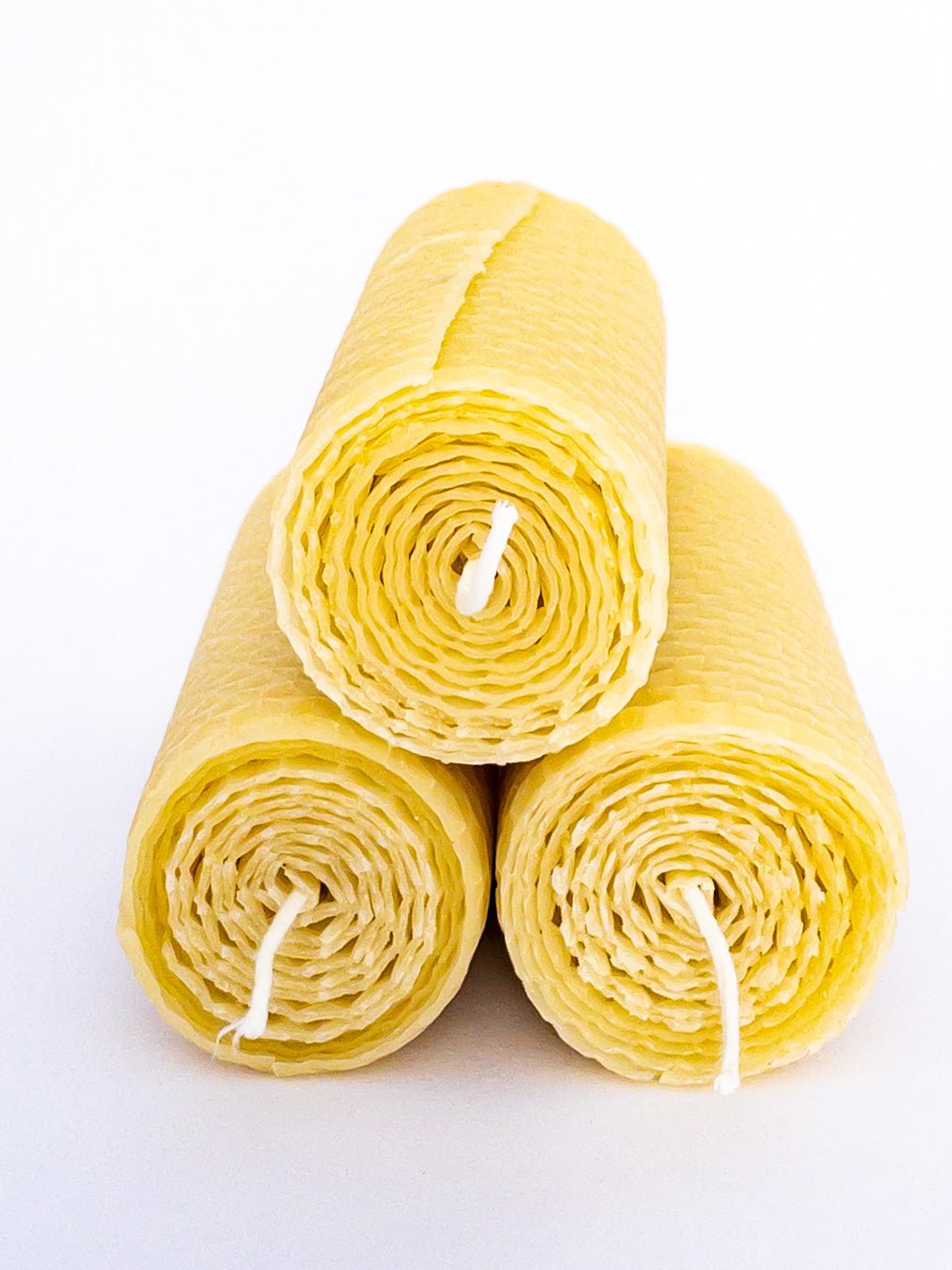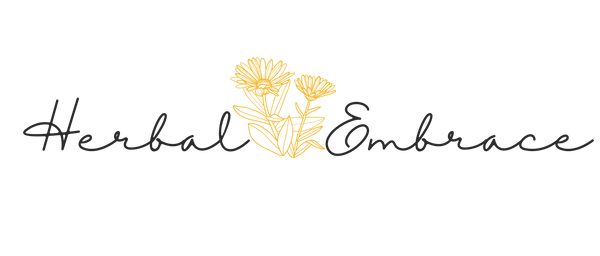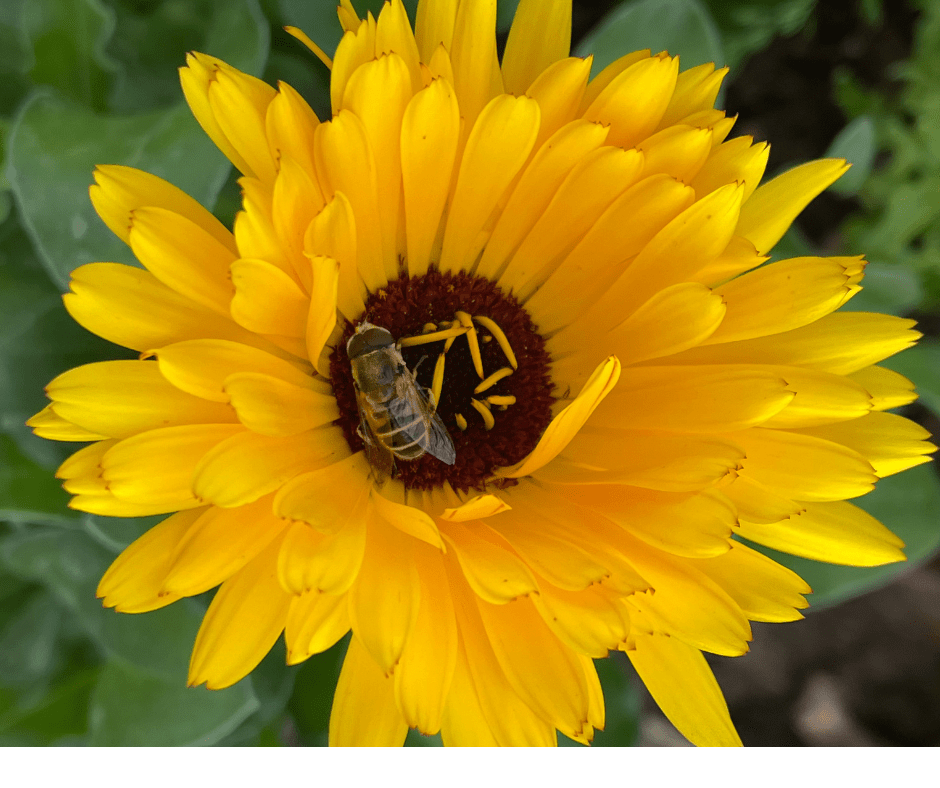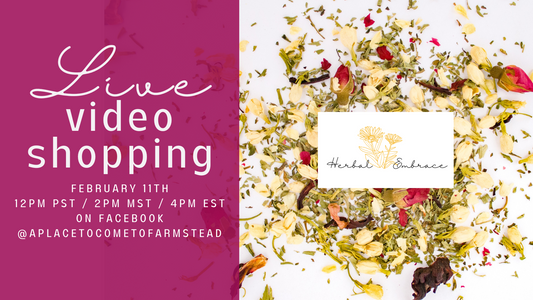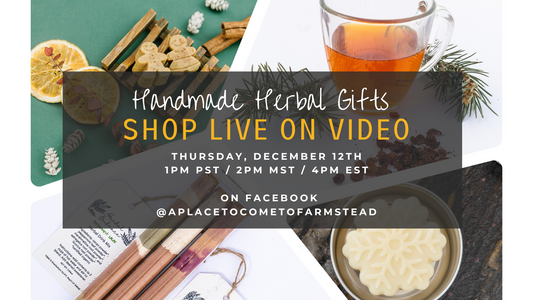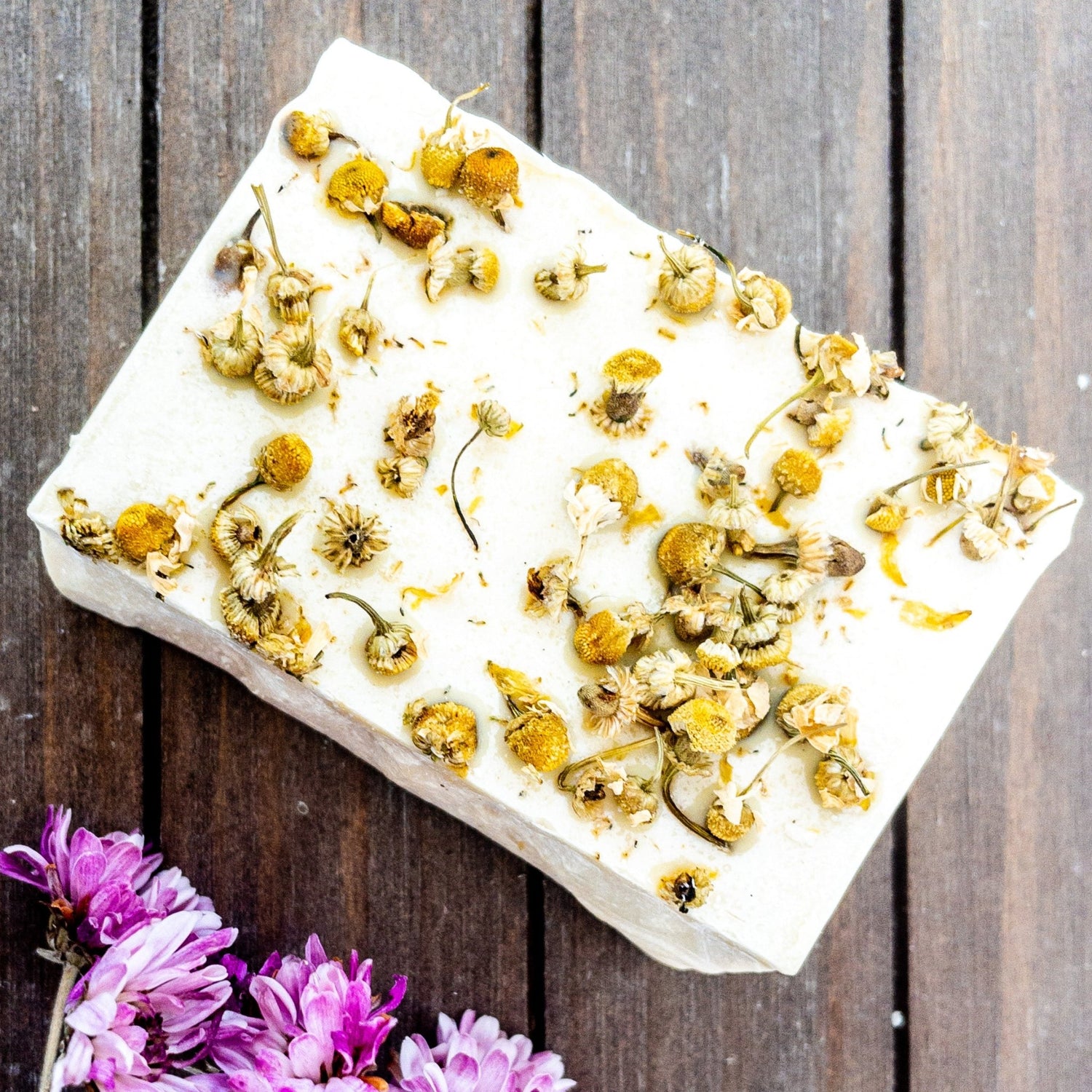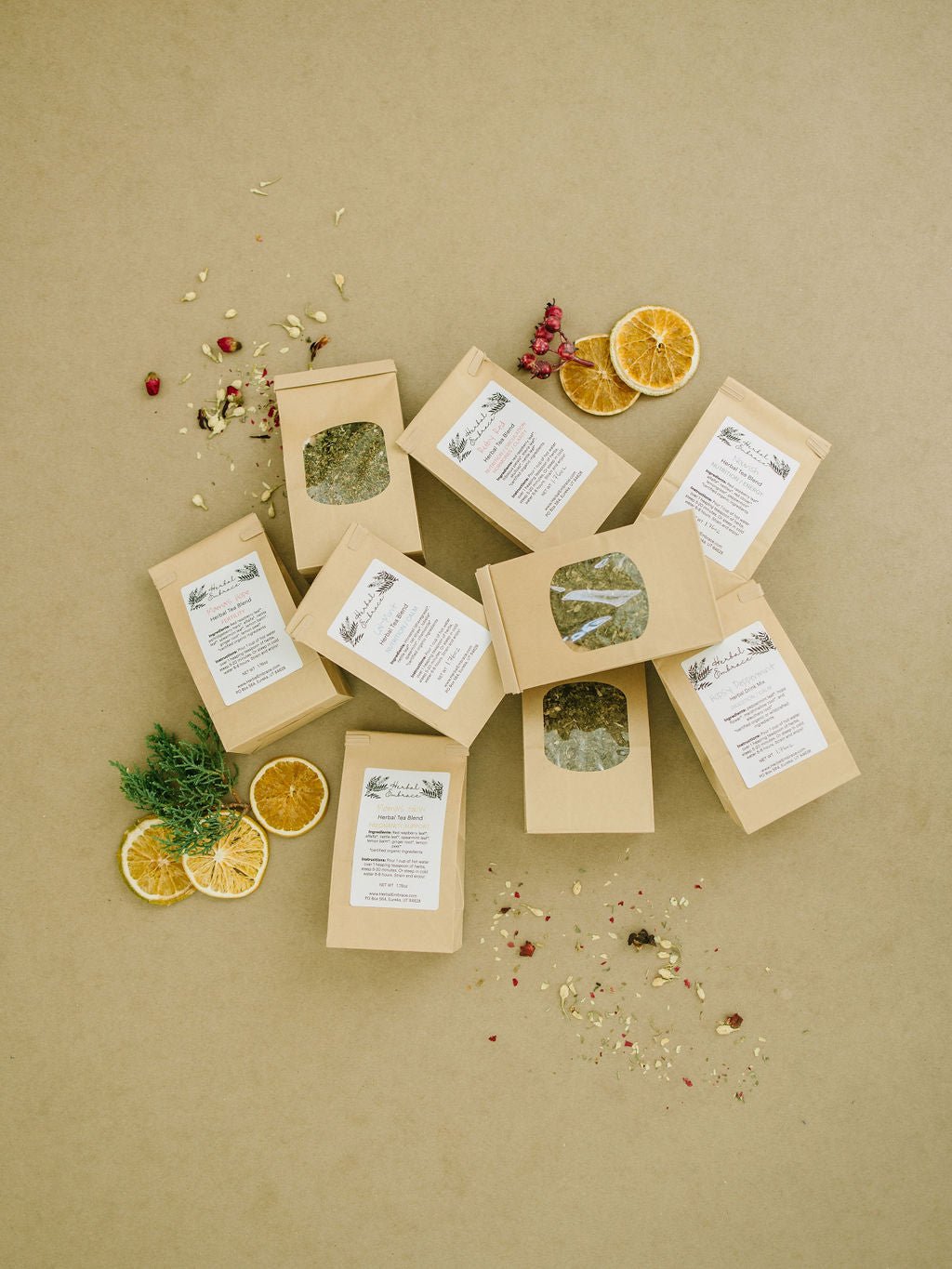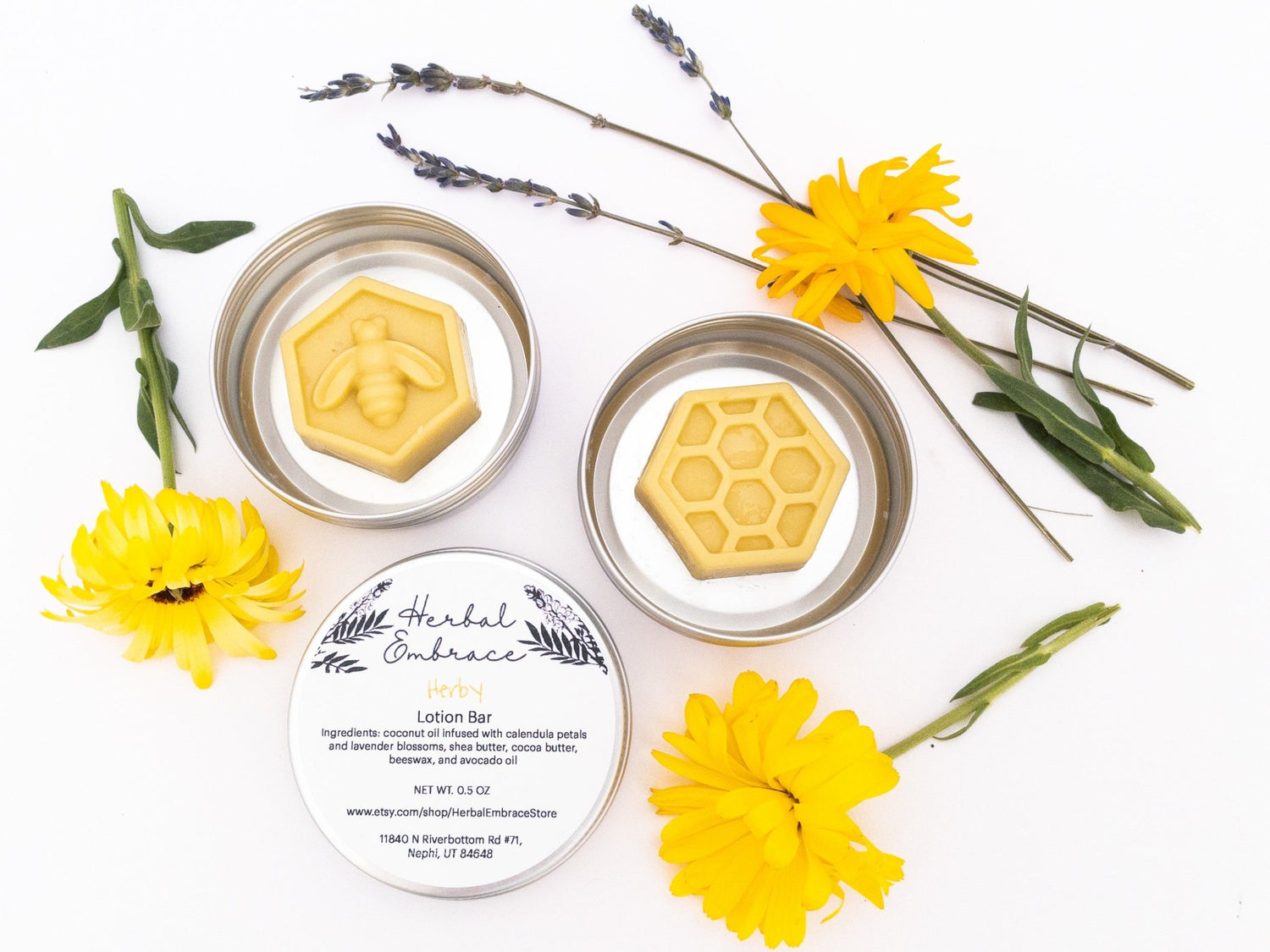Herbal Embrace products contain the highest-quality, chemical-free ingredients we can produce or obtain, as locally as possible.
While most of our ingredients are certified organic, some are not. The "not" list is pretty short:
- 100% pure, natural unbleached USA beeswax,
- raw local Utah honey,
- non-GMO glyphosate-free avocado oil
- pure Castile soap
- Calendula grown on our beyond-organic farm
- Pine needles wildcrafted locally by a certified nutritional herbalist (Sarah)
If you have any questions about our ingredients, please reach out.
As Permaculture Designers, we are passionate about doing what is good for the Earth AND for the people. Our bodies thrive when we put into them and onto them substances that are as close to nature as possible, without toxins!
When you are dealing with dried herbs, purity matters that much MORE! As herbs dry, their incredible natural healing phytochemicals, antioxidants, etc., become concentrated. But so do any herbicides, pesticides, or fertilizers sprayed on them. This is why we never use synthetic chemicals on our farm, and we work hard to find ingredients from producers who act similarly.
Here are a few terms you may have come across...
Organic
According to the USDA,
"Organic is a labeling term that indicates that the food or other agricultural product has been produced according to the USDA organic standards.
These methods integrate cultural, biological and mechanical practices that foster cycling of resources, promote ecological balance and conserve biodiversity. Synthetic fertilizers, sewage sludge, irradiation and genetic engineering may not be used."
Lay people use the term to generally mean a product grown without synthetic chemicals, though there is a great variety of farming practices that fall in and without the "Organic" label that meet the same intent. Not every farm can afford to certify Organic with the USDA. And not every farm wants to.
Here are the Pros:
A product labeled "certified organic" is guaranteed to be free from the USDA's list of banned chemicals. A farm that is certified is held to a certain standard and inspected regularly.
Here are the Cons:
The organic certification allows the use of some chemicals which are banned in other countries, as known carcinogens. It also restricts the use of some practices which many regenerative farmers know to be critical in building healthy soil ecology (which builds healthy plants, ecosystems, and communities), most notably the use of biologically active compost or compost tea.
Natural
There is no regulation on the use of this word. A product can be labeled natural even if it is 99% synthetic in nature with a tiny amount of added botanical extract added. (We don't do that around here). But generally the word Natural means something that came from nature and is hopefully as close to its original form as possible.
Clean
This word is sometimes used to describe a product as being free of synthetic chemicals, dyes, preservatives, "natural" flavors, or anything else that may be harmful to the body. Also an unregulated term.
Wildcrafted
This word describes a plant or herb or other natural substance harvested "in the wild." A wildcrafted bark or pine needle or herb is harvested sustainably (never take a sample if there are fewer than 10 plants in the area, and never take more than 1/3rd of the foliage or flowers, and always repair the soil and spread some seed afterwards) from an uncultivated, wild area.
This is also an unregulated term. Any person who collects anything from the forest or mountain can call that substance "wildcrafted." But good, well-trained wildcrafters, herbalists, etc., know how to harvest responsibly and in areas that are free from harmful contaminants (never wildcraft next to a road or conventional farm).
Sustainably Harvested
As discussed in the "Wildcrafted" section above, anything harvested from the wild must be done responsibly and sustainably. In other words, our harvesting from the area must not put the species or colonies' survival at risk and should include measures to help the species increase. Wise stewards must leave the area better than we found it.
Regeneratively-Grown
This refers to a farm/homestead/garden that uses Regenerative Agricultural practices, which means that the aim of the entire operation is to regenerate the land -- build soil ecology and healthy ecosystems that naturally sustain life and even grow in potential from year to year. This is considered by some to be a step beyond Organic Gardening, which can still rely heavily on annual inputs to replenish depleted soil. Growing regeneratively means that we give the soil and plants what they need to sustain themselves and continually rebuild the area. The resulting produce will be full of nutrients because the soil will be alive and thriving and able to bring the nutrients to the plants in absorbable forms (just like how we humans need a healthy gut microbiome to properly digest and absorb our food!). Not a regulated term.
Beyond-Organic
This is very similar to Regneratively-Grown but generally means that no synthetic chemicals were used at all. Instead, companion planting, trap crops, and natural substances such as bioactive compost tea and herbal foliar sprays are used to fertilize and control pests.
non-GMO
This is a certification that some seeds and plants can be given, to mean that they were not Genetically Modified in any way. GMO stands for Genetically Modified Organism. It is too early in history to see the full effects of consuming or applying genetically modified organisms to our bodies, but there are many scientists and doctors who have begun to warn us that harmful effects and the pathway by which they occur, are beginning to be understood.
Glyphosate-free
This is a certification given to produce grown without the use of Glyphosate, a very harmful chemical found in conventional herbicide. After years of indiscriminate use, it has been found all over the world in plants and animals nowhere near conventional farms. There are many studies linking glyphosate to cancer growth. We NEVER use glyphosate on our farm and work in our community to educate others towards healthier ways to grow food and herbs.
There is a beautiful intersection between what is good for the Earth AND what is good for the Humans. And that's where we play!
The best way to know whether a farm product is free from harmful chemicals and is grown or produced with practices which rebuild the earth for generations, is to get to know the farmers you buy from. If you can't do that, our opinion is that Certified Organic products at least guarantee the highest level of purity that can be "regulated."
All of our herbal tea blends are certified organic and/or wildcrafted. Send us a message if you need help choosing one!
